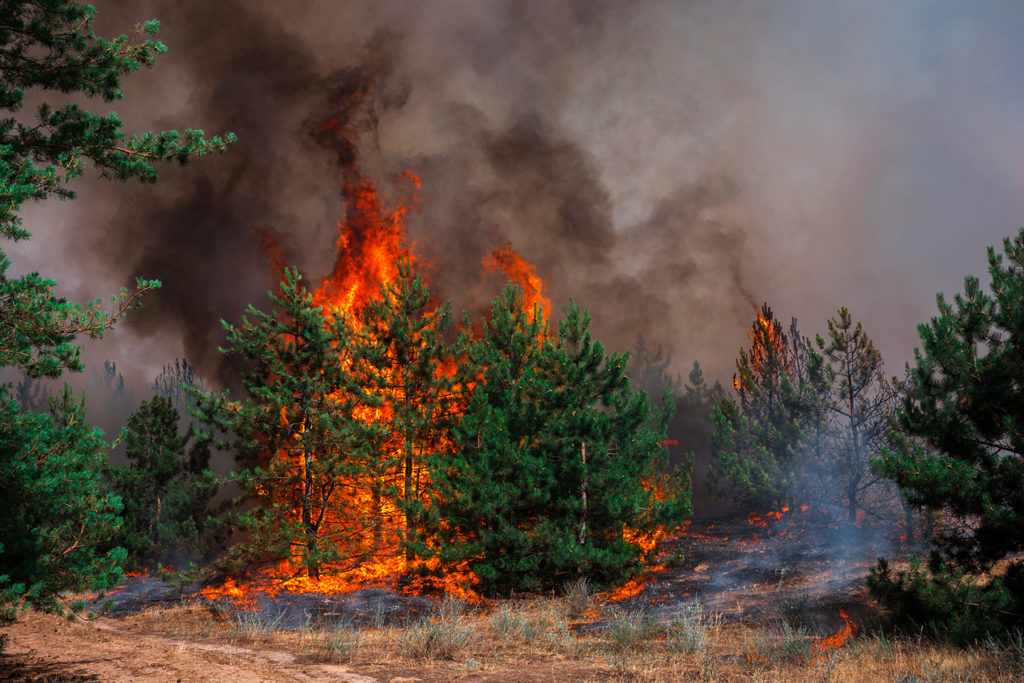The increased temperatures and longer summer days cause or worsen a variety of risks and hazards. During the summer, businesses must be especially cautious of the following hazards…
Risk of dehydration
Dehydration happens when the body loses too much water. And the impact can often take sufferers by surprise. It might happen as a result of overexertion, working for too long without a break, or failing to drink enough fluids at regular intervals in warm weather. Supervisors and staff should be trained to recognise indications of dehydration in themselves and their coworkers, such as:
- Excessive thirst
- Sleepiness or tiredness
- Dry mouth or eyes
- Muscle weakness
- Headache
- Dizziness or light-headeness
Heat stroke risks
Heat stroke can be deadly to an employee’s health and well-being, even resulting in death. A timely and appropriate response can mean the difference between life and death. Heat stroke can be identified by the following symptoms:
- Lack of perspiration despite feeling hot
- Temperature of 40C or above
- Fast breathing or shortness of breath
- Confusion
- Seizure
- Unresponsiveness or loss of consciousness
Construction Company Fined After Worker Falls From Roof
A.E.S. Roofing Contractors Ltd was fined £30,000 and ordered to pay £510.30 in costs after a worker fell from a garage roof in Worcester. The incident occurred when the employee used a ladder to ascend onto the roof. The worker was on his knees near an open edge, with no protection.
The employee suffered a shattered hip, foot fractures, and knee injury after falling off the roof. An HSE inquiry discovered that, while A.E.S. owned edge protection adequate for such jobs, it was not employed in this case. In addition, there was no effective audit mechanism in place to properly track what equipment was being used. The corporation pleaded guilty to violating Work at Height Regulations Regulation 4(1).
Read the full article @ birminghammail.co.uk
Risk of slips and trips
Slips and falls are more common in the summer because of the confusion or dizziness produced by hot weather. Make sure workers are using suitable equipment and remain attentive by resting and hydrating at regular intervals.
Risk of vehicle accidents
During the summer, vehicle accidents are common. In addition to increased activity at construction sites, there is increased traffic on roads. Maintain awareness of weather conditions that may have an impact on vehicle safety, and instruct drivers to minimise distractions and follow safe driving procedures.
Risk of UK Wildfires
Wildfires are becoming more common in the UK due to the unprecedented effects of climate change. According to the Met Office, hot summers are now happening more frequently. The agency also says the likelihood of seeing 40C days could be up to 10 times greater under current conditions compared to a climate unaffected by human actions.
Such regular high temperatures create tinderbox conditions for wildfires. In fact, there were more than 500 wildfire incidents in the first half of 2022 alone, according to the National Fire Chiefs Council. This figure is more than double the 237 wildfires recorded in 2021.
As climate change persists, the chances of a devastating wildfire affecting your property increase. Reduce your risk by preparing now to protect your family and home.

London Fire Brigade provided further safety advice for the public after the Met Office issued the recent extreme heat health warning. London Fire Brigade’s Assistant Commissioner, Pat Goulbourne, urged: “People to continue to take extra care and help us prevent fires on open land.
“Make sure rubbish, especially glass, is safely thrown away and cigarettes are always properly disposed of. Grass will be tinder dry after such hot weather, so please don’t have barbecues in parks and public spaces.
“Disposable barbecues that have been abandoned can still end up causing a fire as hot coals can smoulder and pose a real fire risk for some time after the flames die down – they need to be put right out and cooled before being safely thrown away.
“We would also ask people not to barbecue on balconies. It’s easier than you might think for a balcony fire to spread to others, which could not only leave you homeless but displace hundreds of your neighbours too.
“People will want to cool down but don’t dive into open water as it’s colder than it looks. There is the risk of cold water shock, which can cause your body to go into shock no matter how fit you are. It causes panic, anxiety, disorientation and loss of muscular control, which cause you to gasp for air and as a result, inhale water. Rather than struggling, follow the RNLI advice and ‘float to live’.
“In this extreme heat, please keep an eye out for vulnerable neighbours and family members and make sure you keep hydrated.”
Help Your Business Avoid A Wildfire
- Create defensible space around your building or structures
- Create a Vegetation Maintenance Plan (VMP) to reduce sources of ignition
- Use non-combustible materials for building signage, avoiding wood, plastic, and vinyl
- Select exterior wall cladding made of non-combustible siding materials such as concrete and brick
- Select dual-paned windows with tempered glass kept closed when a wildfire threatens
- Use non-combustible material when replacing roofs. Homes with wood or shingle roofs are at high risk of being destroyed during a wildfire
- Inspect vents and clear debris from roofs. Roofs and gutters are particularly vulnerable surfaces, as embers can lodge here and start a fire. Regularly clearing your roof and gutters of debris, installing gutter guards or screens, and blocking off any points of entry on your roof will all help safeguard your home
Contact us today for additional workplace safety solutions.


